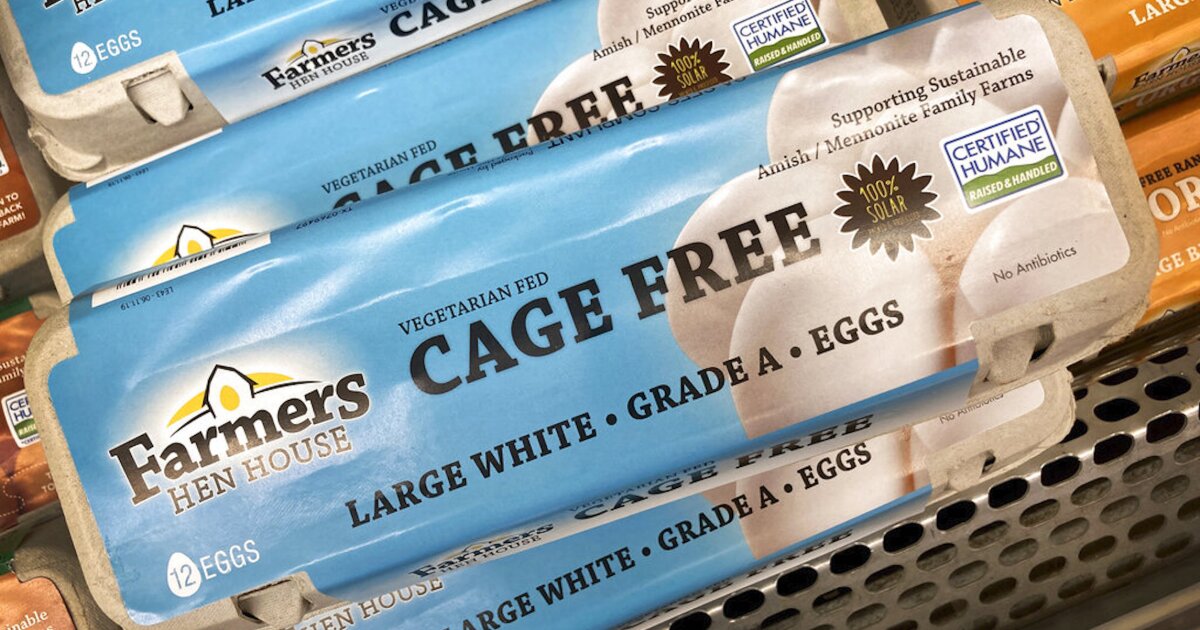

Egg-flation is reversing quickly.
After rapidly rising egg prices made headlines across the country earlier this year, new inflation data show they are now falling at a jaw-dropping pace.
DOCKWORKER TALKS THREATEN BIDEN WITH ANOTHER TOUGH DECISION BETWEEN LABOR AND THE ECONOMY
From just April to May, egg prices dropped a massive 13.8% on a seasonally adjusted basis, according to the latest consumer price index numbers released on Tuesday. That was the biggest one-month decline since January 1951 — some 72 years.
Urner Barry, an independent price reporting agency, separately tracks weekly changes in egg prices through its egg index. Since a peak in late December, egg prices broadly have now plunged a whopping 82.2%.
In the fall through early this year, egg prices were far outpacing the annual inflation of other food items. For instance, eggs were 138% more expensive in December than they were the year before.
The main driver of the increase in egg prices was the spread of highly pathogenic avian influenza, also known as bird flu. Since 2021, bird flu killed off tens of millions of laying hens, or about 5% of the country’s total chicken flock.
Bernt Nelson, an economist with the American Farm Bureau Federation, told the Washington Examiner earlier this year that the scourge has been the worst in U.S. history for the avian flu. Because of its contagiousness, poultry farms that have affected animals end up having to cull their whole flocks.
Now bird flu has gotten back under control. Additionally, demand has fallen for the shelled products, particularly because people were buying fewer eggs earlier this year because of the sticker shock, according to CNN.
“While the egg market in 2022 was dominated by the bird flu, the market this year has been dominated by its absence,” said Karyn Rispoli, senior egg market analyst at Urner Barry.
While egg prices have fallen fast, other food products are still experiencing upward price pressures. The food at home index rose 5.8% over the last 12 months. Flour prices are up more than 17% annually, while lunch meats rose 6.2%. Frozen vegetables have spiked 18.7% over the past year.
CLICK HERE TO READ MORE FROM THE WASHINGTON EXAMINER
Overall, annual inflation slowed to a 4% rate in May, down from 4.9% the month before.
Tuesday’s report marks 11 straight months of declines in annual inflation after the rate peaked at 9.1% in June of last year.






